
More
than half a century before Brandon Routh donned the signature red
and blue tights in SUPERMAN RETURNS, it was George Reeves who first
made the Man of Steel an on-screen icon. His untimely death in 1959
(officially ruled a suicide) marked an abrupt end of the innocence
for children everywhere, many of whom saw no distinction between
Reeves and the character he played.
This
week, the new film HOLLYWOODLAND
explores the mysterious circumstances surrounding George Reeves’s
death. Cast members Ben Affleck, Adrien Brody,
Diane Lane
, Bob Hoskins and Robin Tunney, as well as director Allen
Coulter, recently stopped by the Regent Beverly Wilshire in
Los Angeles
for a press conference to promote the film. Here are some excerpts.



Ben
and Diane, you both played real people (George Reeves and girlfriend
Toni Mannix). How did you see these people and why did you want to
play them?
Affleck:
George Reeves was an iconic guy because of who he played and that
was, in some ways, tragic for him. And that very tragedy and kind of
paradox – in the sense that he got the thing that he wished for
and ultimately it was very destructive – is part of what makes the
story so good and part of what makes the character so good. The onus
was on me and on Allen and on the writers to be consistent with who
the guy really is, because there is a kind of a burden and a
responsibility and I think even more so because I see George as a
guy who never really got a fair shake.
I
thought it would be the least we could do here to give him his fair
shake – finally – that he kind of didn’t get in his career or
following his death. So I researched it pretty meticulously and
there was a tremendous amount of research that had been done before
I came on that I was a beneficiary of in terms of the screenplay and
Allen and the producers and what they’d done, so I was keyed in to
were to look and who to talk to and I wanted to play his as
authentically as possible. And fortunately he left behind a body of
work that I could look at and watch. I saw all 104 episodes of the
television show – 52 in color, 52 in black-and-white.
And
then So Proudly We Hail!, this movie he did with Claudette Colbert.
He had other work. Obviously he was in the beginning of Gone With
the Wind. So there’s stuff available, so that was a great help to
me. But to not belabor the point, yes, I really wanted to try to
treat him fairly and you benefit from a whole wealth of information
to draw upon. If I screw that up, I really have no excuse.
Lane:
I always had a thing for George. I grew up and he was the definition
of Superman for me and I bought it hook, line and sinker in the
sense of that’s all he was. I never looked beyond the curtain or
considered anything about actors versus the characters I knew them
to be as a child. So there was no black cloud over him in terms of
the lore that the generation before me knew about. It was still on
morning television when I grew up. It’s interesting because there
are so many layers to the story of George and I was very happy to
portray some version of love in his life, because I was a fan.
What
kind of woman is your character, Toni Mannix?
Lane:
Well, it’s interesting, because I was sitting next to Dominick Dunne
very recently at a dinner and he knew Toni. I so wish I had spoken
with him prior to filming. Everybody has so much to tell me now. I
do feel a burden of responsibility to honor her as closely as I was
told and could glean from things I’d read. I appreciated her
vulnerability and how it came out all wrong and I just thought
everybody in the movie was a truly interesting character in their
own merit, so it’s nice to be a thread in a very interesting
tapestry.
Ben,
what attracted you to the project?
Affleck:
I was attracted to the project because of Allen and because of the
screenplay and because of the actors I was going to get a chance to
work with and because the story itself was pretty great. The way
that I got into looking at the character, I think that I identify
with him for, among other things, this idea of feeling like you were
someone other than who the outside world saw you as. And there were
injuries that he sustained, in some ways, from that. There’s a lot
just about him that he went through and dealt with as a person that
I think a lot of people could identify with. I think he was an
interesting guy who thoroughly lived his life and that offered a lot
of entrees to understanding him and it was a pretty rich character.
In
many ways, this movie is about your life in Hollywood not really
going the way you planned. Could you talk about having those moments
in your own Hollywood life?
Affleck:
For me, it’s about the condition of humanity, whereby it’s never
really enough, that feeling, that ambition that drives you to
achieve and people to invent rockets and to build machines and the
industrial age and also keeps us perpetually kind of dissatisfied,
that sort of “grass is greener” thing and that those two things
that at once propel, at the same time frustrate and stifle us and
trying to live and manage those two things and it’s really that
contradiction, contrary impulses, that are universally human and
that I think everyone can understand and that are really painfully.
I’m like, “How is my life not living up to my dreams? If I just
had this then I’d be happy.” Getting that and finding out that’s
not the thing… I think that’s really at the root of the thing, for
me. I think it really kind of transcends Hollywood, although it’s a
really good example of that kind of thing, because it’s to the
extreme.
Lane:
I would say that the whole myth of the word “plan” in your
question relies on that little man behind the curtain in Oz, because
there is no plan…It’s such a crapshoot. If they knew what made
hits they’d make more of them. That’s my bumper sticker on the whole
industry. So I don’t think you can live for that and I think the
more you get caught up in that, whether you’re a film star from the
’50s who regrets that he was ever on television and the pop
psychology of what it is to be a victim of the media and all of this
that the film deals with is relevant today as it was then and it is
a case study of what makes people happy and the myth of happiness
itself.
Brody:
Well, I think they’ve so eloquently describes this on a universal
level. I think for me, my character is obviously part of Hollywood,
but not within the industry that we’re all in. The advantage of that
is that it illustrates that it is not just something that people
within this industry face. I think it’s a common thread. Most people
are under the impression that if they only had more of something,
that would fulfill them and it’s usually not the case and you don’t
know that until you reach that goal.
I’m
fortunate, personally, to know kind of both. I mean that sincerely.
I know what it’s like to be a struggling actor. I know what it’s
like to be really successful and have a level of fame and the
advantages of that and the pitfalls that come with that. In knowing
both sides, I feel like I need less now. I need less. I need less
for myself. It’s nothing to do with my career or other people’s
perceptions. I have a better understanding of what I need and for
that I’m really grateful for it, because I struggle less with
certain things that I really thought would make me happier.
I
think within the story, Simo’s life paralleled George’s in the sense
that he craved respect and money and success and he looked for a
bigger picture, rather than solving the smaller problems within his
life that would have helped make him a happier human being. So
that’s what was fascinating to me. It shows that what may appear
glamorous is rarely as glamorous as it appears.
Hoskins:
Well, this is all completely new to me. Acting’s my job. It’s what I
do for a living. The script turns up, I like it, I do it. If it
doesn’t turn up, sometimes I’m really great.
Tunney:
I think… Who wants to see a historical movie that’s a period piece
unless there’s some relevance in your life today. And I think that’s
why the film works, because everybody in America, they want the SUV
and their wife should have longer legs or bigger breasts and
everybody faces that day-to-day and I think that’s why the film
works now, because it’s not just about an actor whose career wasn’t
enough. It’s something I think we can all find in our own lives.
I’ve
been in bad movies. This is one of the only good ones I’ve actually
ever been in. But it doesn’t define who you are and I think that’s
what makes you happy as a person, that you go, ‘OK. This is what I
do. And it can’t define who I am.’ This is my job and I go home and
I love my wife and I love my kids’ and have that be enough. I mean,
that’s sort of Simo’s fatal flaw is that he’s obsessed with making
something of himself and can’t look at his wife and say ‘That’s a
beautiful woman.’ And his son and his tiny house isn’t enough. So I
think it’s the American Dream. We’ve read a thousand novels about it
and it’s the story of the tragic American Dream.
Do
you think the recent release of Superman Returns will make people
more curious about this subject?
Coulter:
I mean, it’s certainly in the air now…apparently there
were some pseudo documentaries on television about George Reeves and
about people who played Superman in the past.
I think it never hurts to have interest in that subject out
and about. It was
certainly not anything we planned or knew about because we didn’t
know when we were going to begin, much less when they were.
And we didn’t know when we were going to finish and they
certainly didn’t know when they were going to finish.
So it’s just a fortuitous thing, we hope, that happened and
beyond that, I would say, we don’t know what it will mean.
Affleck:
Sometimes there are these external circumstances that come
into play after you’ve made a movie and before it comes out –
sometimes they work against you and sometimes they don’t.
I think it’s good. But
I think Superman as a character is pretty iconic, it’s in the
zeitgeist and that’s why they keep on making movies and TV shows
about him. And I think
it’s a really good representation of this icon, the American hero
icon, particularly as seen through the media and movies.
That’s the guy and everything goes down from there.
I think that would have made sense with or without the other
Superman movie and it’s such a powerful well known character that
I don’t think you have a bunch of the citizenry of the United
States going, “Wow, I forgot about that Superman guy,” and then
the movie came out this summer.
What’s
it like doing a period piece?
Lane:
It’s always refreshing to step into another time.
I’ve often loved Westerns because it was so interesting to
experience the oppression of being in a corset, you know, just to
appreciate being able to complain about high heels and tight jeans
when you’re done with your days work.
There’s always something to complain about, there’s just
different reference once you see what the limitations of the time
you’re portraying and the freedoms of that time because it cuts
both ways.
Coulter:
As far as the opportunity to work on a period film, we tried
to take an approach that we hoped would lend some originality to the
film. There have been
some great films that take place in Hollywood in that period, not
the least of which the ones we know about Chinatown kind of the
mother ship and L.A. Confidential, another beautiful film.
And so from the very beginning, I was not interested in
getting on the playground with those guys because they were just
consummate in what they did. One
of the things that we did in the art direction and the emphasis for
me was to try and make 1959, the period which the film actually
takes place and world that Louis Simo lives starting June 16, 1959,
make that the modern world.
And
it was my opinion, that indeed that was the beginning of world that
we live in now in many ways. The
old studio system was starting to fade away, television was becoming
preeminent. The way
people dressed was the world of sort of a formal, reserved, maybe
you could even use the word dignified, in appearances and
proprietary of a certain kind. I’m
speaking superficially, not what went on behind closed doors, was
fading away and the world that we live in now, the world of casual
dressing and everything from posture to all kinds of things, was
coming to the foreground and we tried to make that point.
For example, letting Louis Simo be one of the first guys
without a suit. There’s
a comment on that and he ends up wearing one in the end.
But
the fact is that we visually gave a look to the world of 1959 that
emphasized its modernity and at the same time, when we went back in
time to George Reeves world, we tried to make that look like an
earlier era. It wasn’t
just the clothes; it was the soundtrack.
We always heard recorded music in Simo’s side of the
equation and always live music on George’s side.
Simo’s side is much, much noisier.
We hear the ubiquity of noise whether it’s a record player
playing all the time, someone shouting in the next room, dogs
barking…and in the world of George Reeves, it’s much quieter,
you hear a morning dove, only live music with the exception of when
Leonora puts a record on.
But
she also belongs to the new world that he’s reluctantly trying to
join or that he’s being dragged into kicking and screaming really.
So we did all kinds of things in terms of the art direction
to make a point that Louis Simo lives in the modern world, the first
wave. He sits in his
crappy little apartment with his feet up on the coffee table; George
would never do that. George
wears suits and dresses in a certain way.
All of you in that world would be in some form of a suit.
The
film depicts an era when the audience was primarily interested in
characters and not so much the actors’ personal lives, whereas
today it seems the opposite. Does that make your jobs harder?
Brody:
I think it differs for the individual. One doesn’t have anything
to do with the other. There is obviously a fascination in people’s
private life, but some people are actually fascinated about films
and about the work that an actor does, and about the transformation
that individual makes, and that’s what my motivation has been to
be an actor, and continues to be my motivation and inspiration. I
think it’s just part of life, and maybe more so today, but it’s
just a part of life and we all have experienced it on different
levels, but they are two separate things. I love the opportunity to
be here and discuss my work and hear thoughts about the project and
discuss things that I may have overlooked, or details that I worked
on that someone caught, and the process and all of that. That to me
is an interesting facet and part of my occupation. The rest of it
just comes with it. I think it just is.
Hoskins:
People don’t seem to see me as a celebrity, they all think they
know me, and I certainly think I know them. I had a guy come up to
me and say, “Hey, Bob, you’ve got to talk to my Maureen, she’s
out of order, she’s doing this, she’s doing that,” and
suddenly the guy realized that he’d never met me before, he got
really embarrassed. By this time I wanted to go around and give this
girl a talking to. I don’t know; people don’t seem that
interested in my private life, they just think they know me.
Brody:
But that may have something to do with it, what he’s saying. It
may have something to do with it, it’s not just an obsession with
people’s private lives, it’s this feeling that if you accomplish
what you’re setting out to do, you’re expressing an intimacy and
intimate moments and a vulnerability that you wouldn’t share with
a stranger, but it is something that you’re called to do and you
have to do, and you have to do it sincerely or else why should I
expect you to believe that moment? And it’s often very difficult
and very revealing about the individual, and even if it is a
character there is a sense that you know the person who you saw
experiencing those emotions, and then when you encounter them in
real life you feel that you know them intimately sometimes.
Affleck:
I think that’s an excellent point, I agree with that 100 percent.
That effort creates a genuineness that then seems like you’re
invested in the genuineness of that trauma, of the character of
Louis Simo, so then it stands to reason that whatever I read about
Adrien additionally in his personal life I would also be interested
in, because it’s sort of the same human drama, in fact it’s the
same character, it’s the same face. You become kind of like an
actor on a soap opera that you have no control over the script or
the direction, you just look at the paper every day and you find out
what you did on this week’s episode. Adrien’s also right in that
the actual art of what he does, the actual beauty and the grace and
what it take to do that, people kind of aren’t as interested in
really. It is really interesting, but actually what happens is what
everyone wants to know about is the other side. You know what I
mean? You don’t want to see the sausage getting made, but you like
to eat it. That’s sort of what’s interesting. And it’s a shame
because I think actually the other stuff is much more interesting.
Questions?
Comments? Manifestos? Send them to me at [email protected].


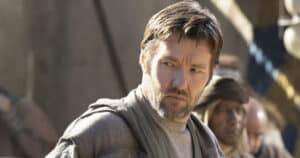
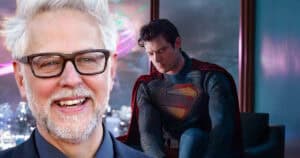




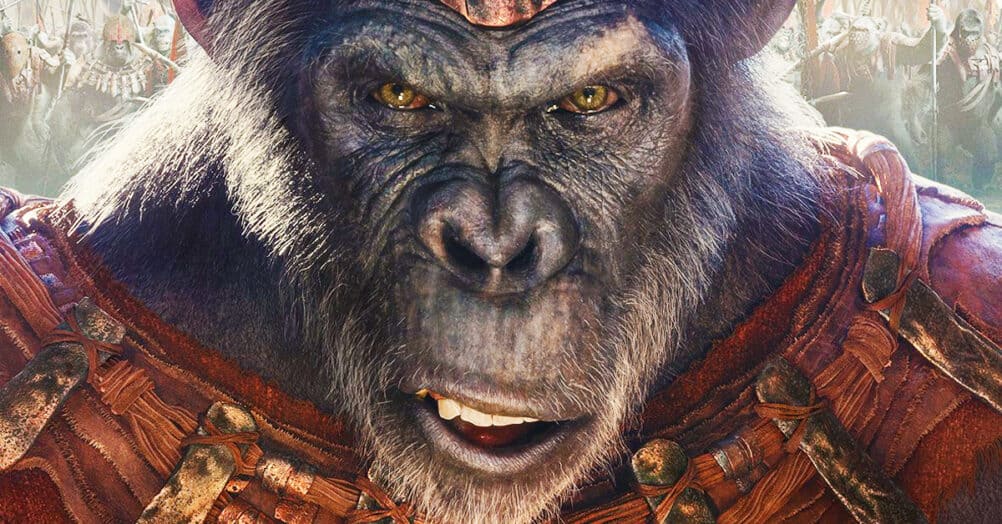
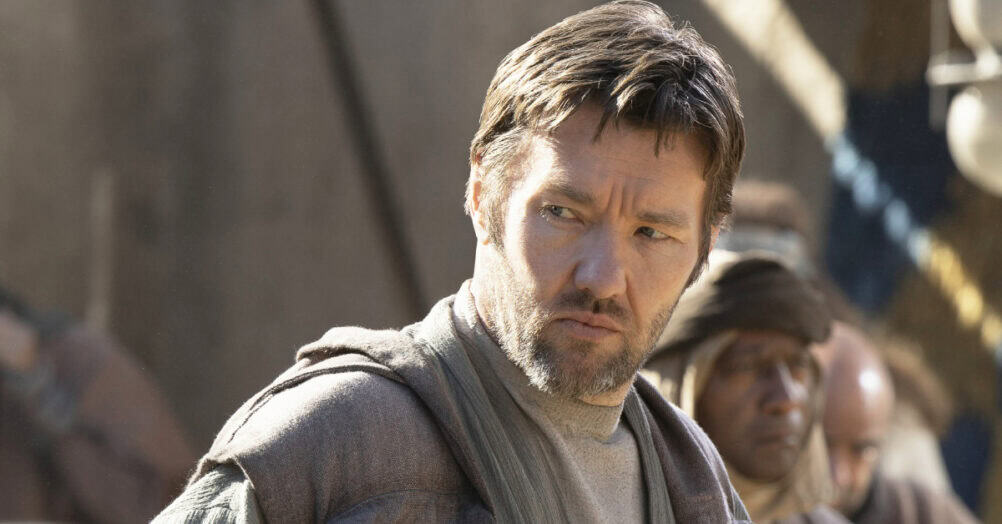

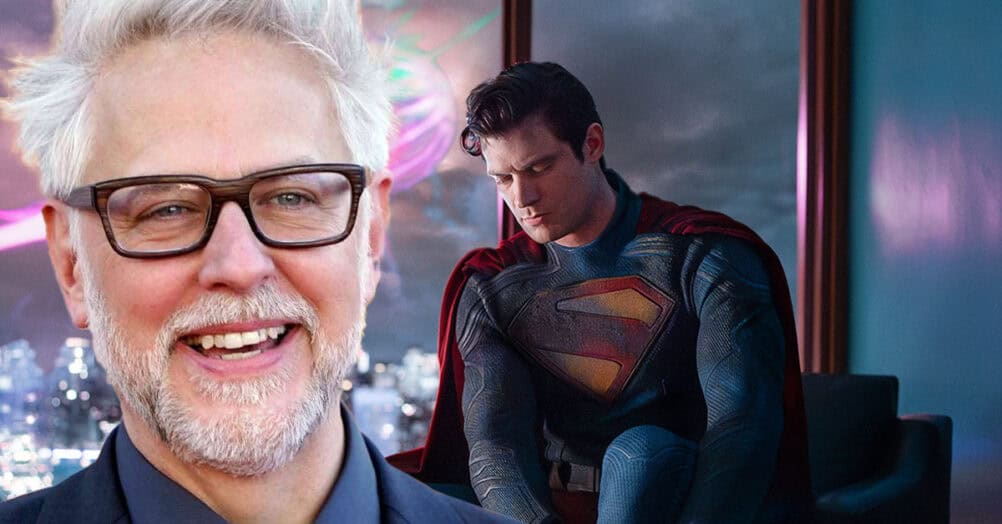
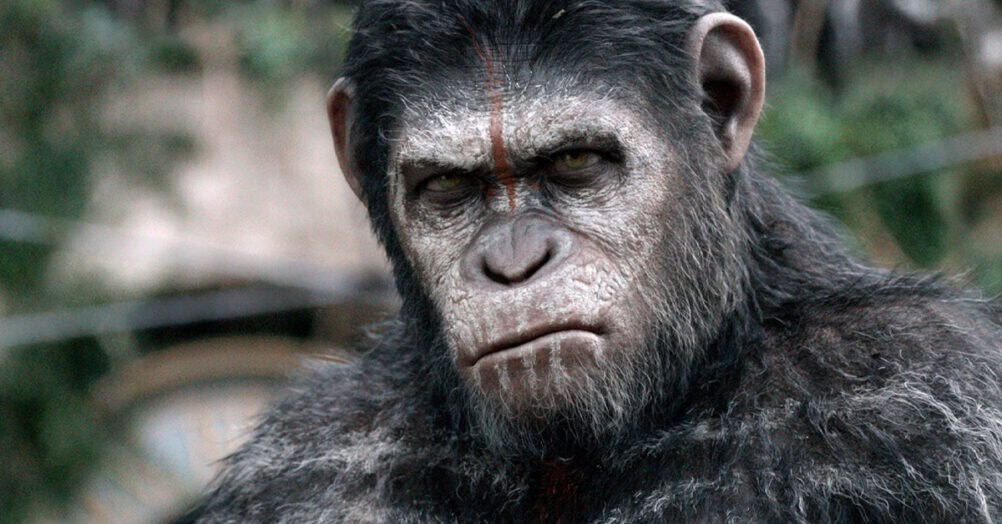
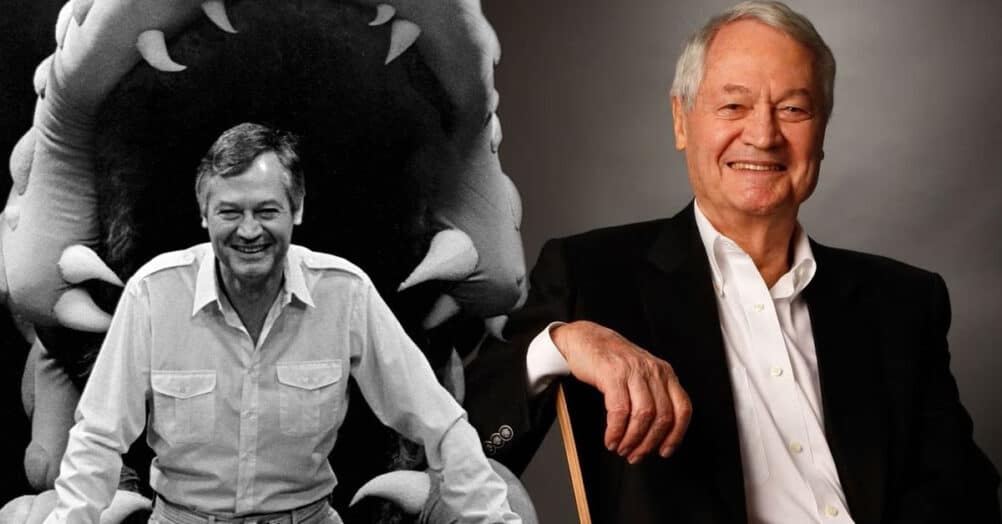
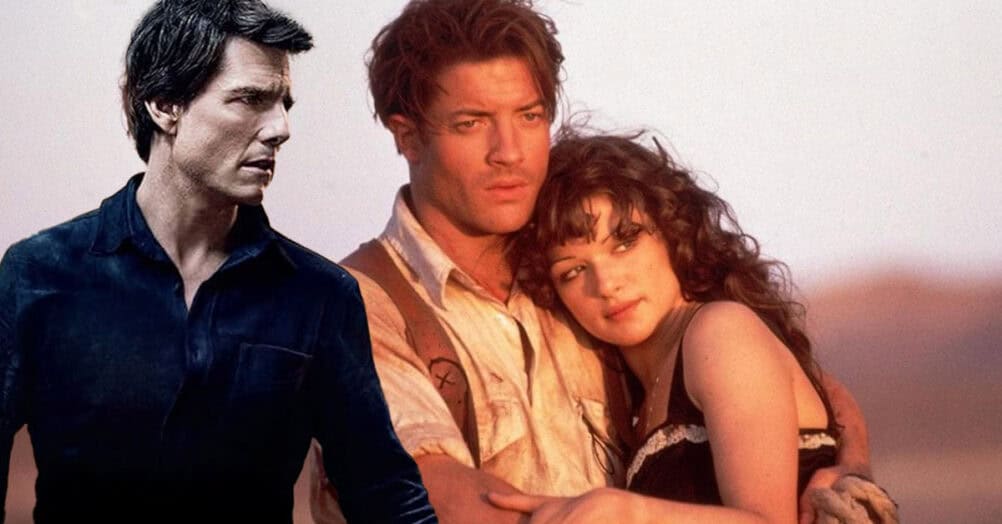
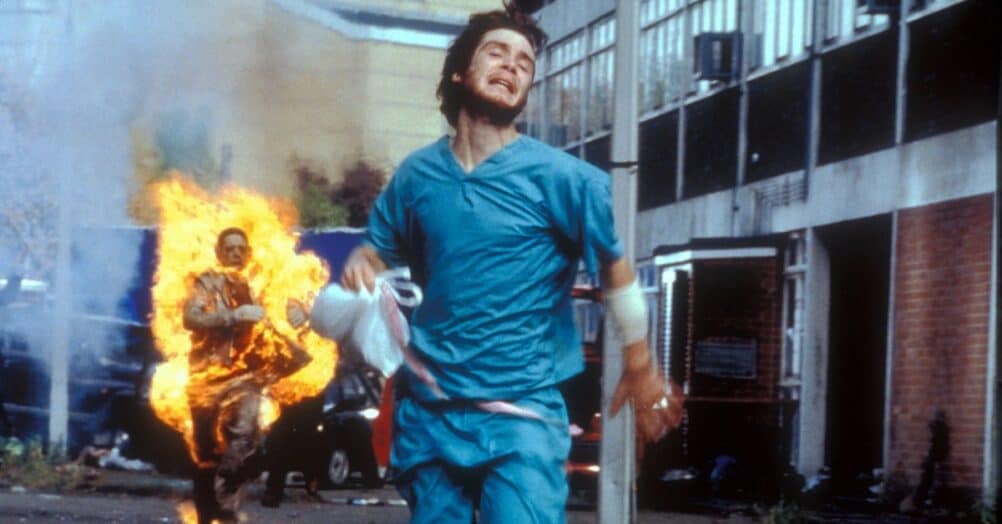
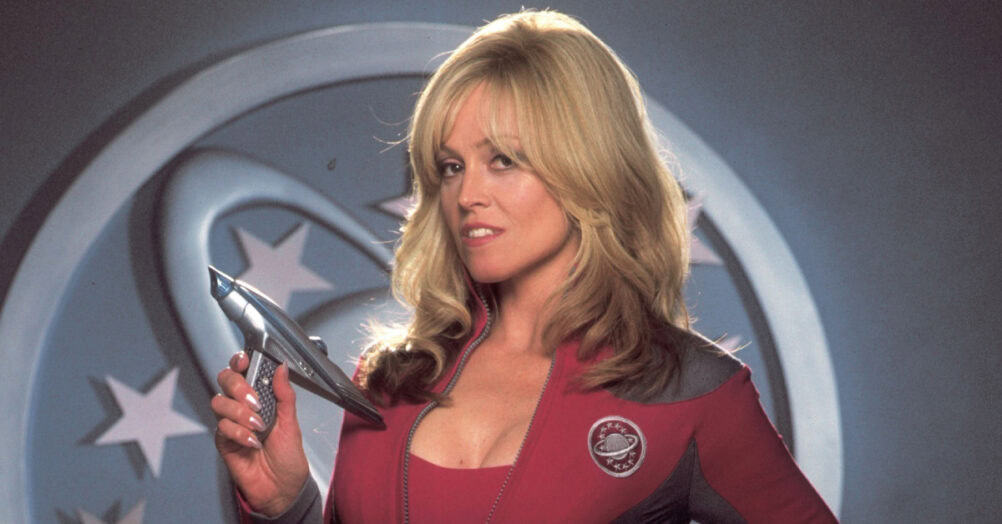
Follow the JOBLO MOVIE NETWORK
Follow us on YOUTUBE
Follow ARROW IN THE HEAD
Follow AITH on YOUTUBE